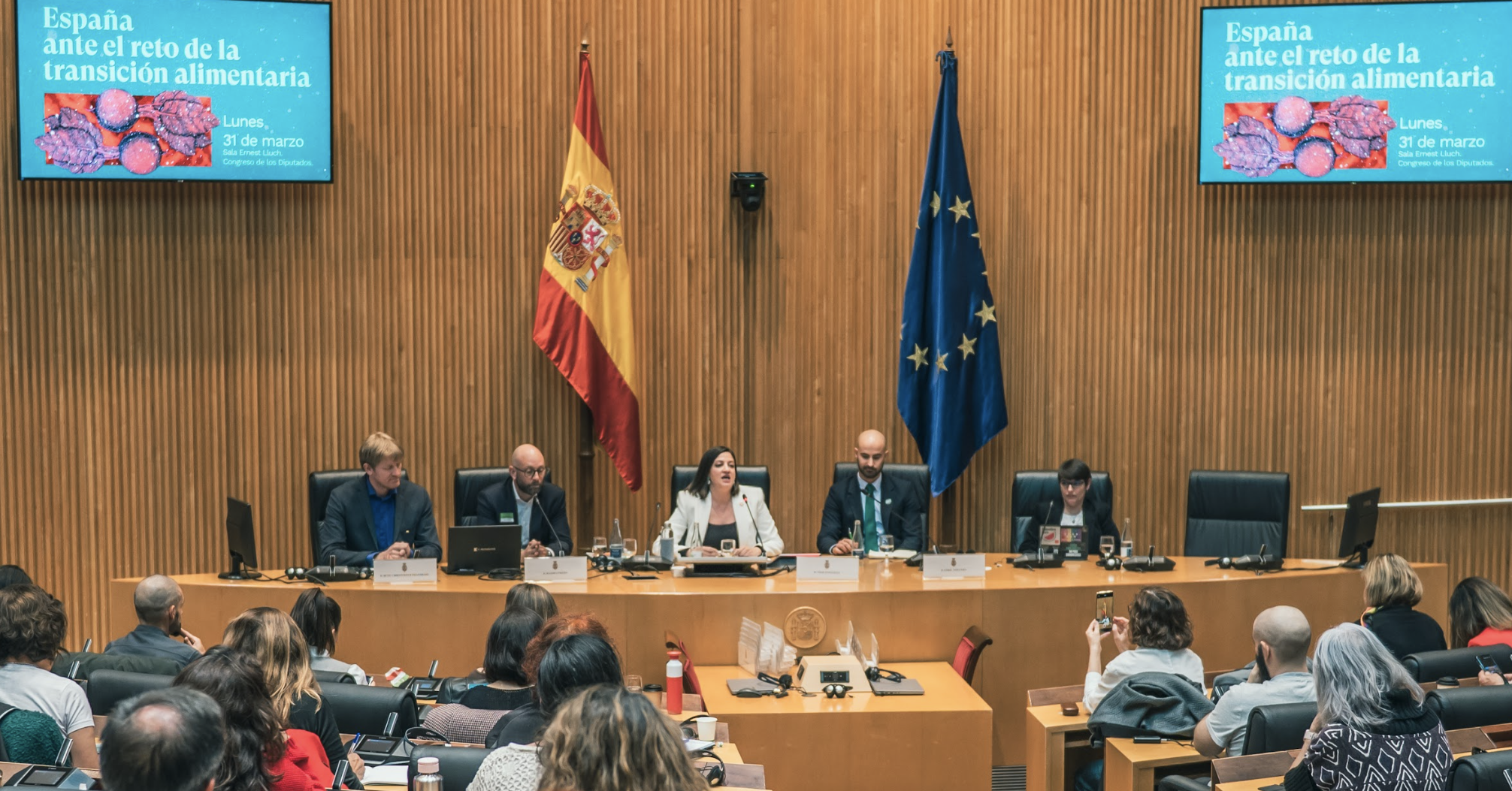The International Vegan Film Festival (IVFF) is a pioneering platform where art meets activism, showcasing the transformative power of storytelling to create a kinder world for people, animals, and the planet. Since our inception in 2018, IVFF has grown into a global movement with a mission to elevate vegan advocacy through film, cookbooks, and innovative workshops. Our programming includes an annual film festival in Toronto, a year-round world tour bringing these impactful films to global audiences, monthly virtual screenings, and newly added activism workshops designed to empower advocates using art as their medium.
We’re proud to partner with organizations like the AVA Summit, Unitarian Universalist Animal Ministry, and We The Free to extend our reach and deepen our impact. As we look toward the future, IVFF is poised for significant growth, with ambitious plans to expand our programming and build new partnerships that can accelerate vegan activism across the globe.
We are seeking passionate and committed individuals to join our Board of Directors during this exciting phase of growth. As a board member, you’ll be involved in guiding our strategic direction, building partnerships, and contributing to the continued growth of our festival and programs. This is a unique opportunity to join an organization that is gaining momentum and to help shape the future of vegan advocacy through art.
Why Join the IVFF Board?
- Be Part of Something Bigger: Contribute to a global movement that champions art as a powerful tool for creating a kinder world.
- Expand Your Network: Build lasting relationships with like-minded leaders in the vegan, film, and advocacy communities.
- Minimal Time Commitment: Attend one-hour meetings every quarter.
- Fundraising Responsibility: Board members are asked to raise or donate at least $1,000 annually by the end of the first quarter.
Our Commitment to Diversity and Inclusion
We believe that diverse perspectives make us stronger, and we are committed to fostering an inclusive and diverse board that reflects the global audience we aim to inspire. We welcome individuals from all backgrounds who share our passion for veganism, advocacy, and the arts.
No Prior Board Experience Needed!
If you are passionate about using art to inspire change and want to be part of a rapidly growing global movement, we encourage you to apply. Your passion and dedication are what matter most!
How to Apply
Please reach out to Emma Schwarz, Executive Director, at eschwarz@theivff.com with your CV and a brief explanation of why you'd like to join the BOD of IVFF.
We invite you to join us at this pivotal moment and help IVFF transform the world through the power of art and advocacy!
With gratitude,
Emma Schwarz
Executive Director,
International Vegan Film Festival



